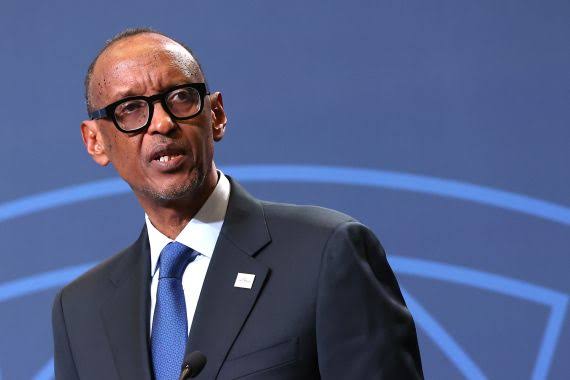Rwandan authorities rebuffed U.S. demands for the withdrawal of troops and missile systems from eastern Congo, asserting their actions as defensive measures against perceived threats to Rwandan territory amid a purported “dramatic military build-up” by Congo near the border.
In a statement, Rwanda’s Foreign Ministry underscored concerns over national security, particularly citing the presence of the rebel group FDLR, including individuals implicated in the 1994 genocide, reportedly integrated into the Congolese army.
While Rwanda has historically highlighted the menace posed by FDLR, it had refrained from acknowledging a military presence in eastern Congo, where Congolese officials accuse Rwanda of backing the violent M23 armed group.
The U.S. State Department’s condemnation of M23’s escalating violence as “Rwanda-backed” and its call for the withdrawal of Rwandan Defense Force personnel and missile systems prompted Rwanda to question the U.S.’s credibility as a mediator in the Great Lakes region.
The Rwandan Foreign Ministry suggested the U.S. statement indicated a significant policy shift or internal discord, challenging its role as a reliable arbiter in African conflicts.
Previous U.N. reports had pointed to Rwanda’s military involvement in supporting M23, exacerbating displacement and violence in Congo’s North Kivu province, particularly around Goma, where recent clashes intensified amid M23’s advances.
M23, comprised largely of former Congolese army members, has reemerged after a decade, seizing control of significant territories in eastern Congo, echoing grievances over a peace deal from 2009.
The rebel group’s resurgence has reignited fears of instability in the region, with its activities contributing to mass displacements and exacerbating the plight of civilians caught in the crossfire.

